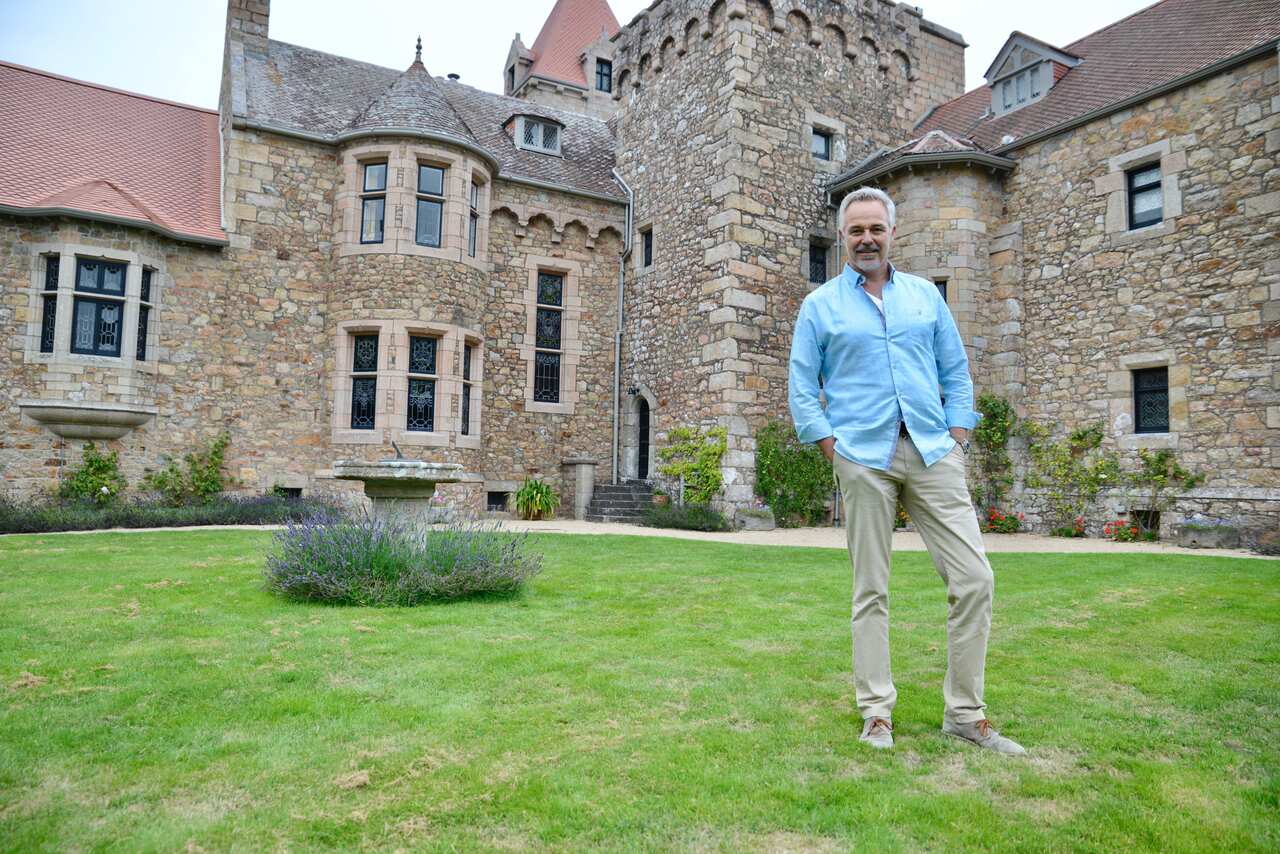Related to Jesus, Montezuma, Napoleon, the Queen? Have a famed suffragette or French nobleman, a medieval moneylender or Indian royalty in your bloodlines? An ancestor who went down on the Titanic or fought against the Ottoman occupation?
With the advent of sophisticated genetic tests, it is bigger than ever today.
Genealogy has become a cultural phenomenon. We can’t get enough, it seems, of charting our bloodlines.
Our obsession with our roots has created everything from a booming publishing and online industry (Ancestry.com boasts millions of subscribers), and a lively market in DIY genetic testing kits to enthusiastic global audiences for television shows like Who Do You Think You Are (SBS is airing the new season this week.).
There’s even a name for this obsession: progonoplexia.
Then there’s simple human curiosity, a drive to unearth and confirm gossipy family secrets or find a pattern of family “trends”– a love of travel, or a predilection for certain professions
And if we’re feeling any guilt over this secret passion, we can also say it’s making us smarter – research has shown that thinking about our ancestors boosts our performances on intelligence tests in what’s dubbed the “ancestor effect”.
So what is driving this phenomenon?
There’s little doubt that the celebrity effect is playing a role.
From Oprah Winfrey’s hopeful search for her Zulu warrior ancestors (to her disappointment, she hails, apparently, from the Kpelle people of the Liberian rainforest) to the discovery that former US president Barack Obama was related to ideological rival and former Vice-President Dick Cheney, genealogy is a source of fascination in popular culture.
Add to this the tantalising possibility of being related yourself to someone famous yourself – a distinct possibility given the mathematics of kinship.
Genealogy will turn up strange bedfellows. For example, George W. Bush is a distant cousin of his electoral opponents Al Gore and John Kerry, but is also linked, in this genetic spiderweb to disgraced US president Richard Nixon, author Ernest Hemingway and Queen Elizabeth - and, through her, every European monarch.
Then there’s simple human curiosity, a drive to unearth and confirm gossipy family secrets or find a pattern of family “trends”– a love of travel, or a predilection for certain professions.
But there are more serious triggers at play. For the adopted, it can mean a reconnection with biological family members and a vital link to roots and place. For others, finding out ancestral medical history can shed light on serious health issues.
In immigrant nations like the US and Australia, there is an even great impetus to trace family histories disrupted by the movement of people and the forces of history (in the case of modern day African-Americans, for example, most can sadly only trace back their lines to five or six generations due to slavery).
In increasingly atomised, disconnected and lonely Western societies, we crave validation of our identity and roots, kinship, a link to the past
But for most of us, the rewards of rewards of genealogy are a simple sense of belonging. In increasingly atomised, disconnected and lonely Western societies, we crave validation of our identity and roots, kinship, a link to the past. For some of us at least, according to Winfrey, "knowing your family history is knowing your worth."
Jane Tiller is an ethical, legal and social adviser from the Public Health Genomics, Monash University.
“We as humans want to know where we came from. It forms part of our personal and cultural identity and helps to anchor us within an identifiable context,” she says. “We also yearn to be able to see and predict the future – to know what to expect and where we are going. We want to both look behind us and to look forwards. Genetics is alluring to many because it presents the tantalising possibility to both tell us information about where we came from and what we might expect from the future.
“And indeed, we are seeing advances in genetic technology which promise many exciting possibilities for genealogical curiosity and personalised health care.”
But Tiller sounds a caveat: go into your search with the awareness that tests are not always accurate, and that results can sometimes reveal unwelcome surprises: anything from paternity results to health risks such as inherited genetic health mutations for breast and colon cancer, for example.
Life insurance in Australia is currently not protected and insurers can discriminate against you on the basis of genetic test results
Then there are privacy issues over who has access to your DNA and data, and potentially facing discrimination due your genetic profile.
“Fortunately in Australia, private health insurance is protected by specific legislation, meaning that health insurers cannot use your genetic test results or other health and lifestyle information, to deny you coverage or increase your premium,” says Tiller.
“However, life insurance in Australia is currently not protected and insurers can discriminate against you on the basis of genetic test results… It is currently a hot topic in the media and there are very recent Parliamentary Inquiry recommendations that we hope will change the status quo in the near future.”
Have fun, indulge your curiosity, but be cautious about reading too much into the results of ancestry testing, Tiller says.
“Genetic determinism, the idea that genetics is deterministic of a certain outcome, carries risks of prejudice, discrimination, labelling, and a narrow understanding of the complex interactions between nature and environment that contribute to an individual’s makeup.
“There is still an enormous amount that we do not know about genetics. The interpretation of genetic information is extremely complex, and the pace of genetic technology is outstripping our ability to interpret and understand its complexities.”
Who Do You Think You Are? is produced by Warner Bros. International Television Production Australia for SBS.
The series airs at 7.30pm Tuesdays on SBS, starting 19 May and at SBS On Demand.
Join the conversation #WDYTYA


